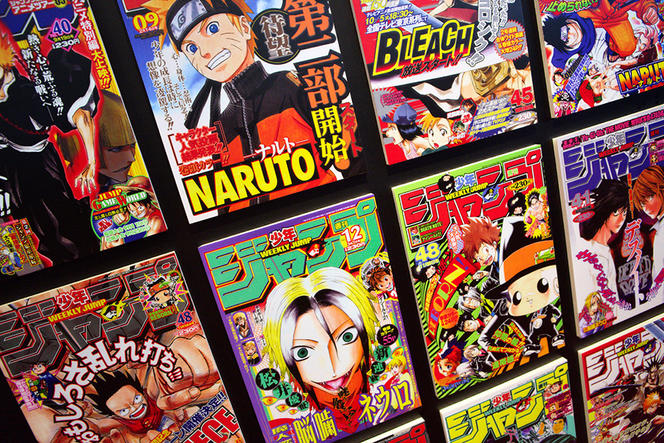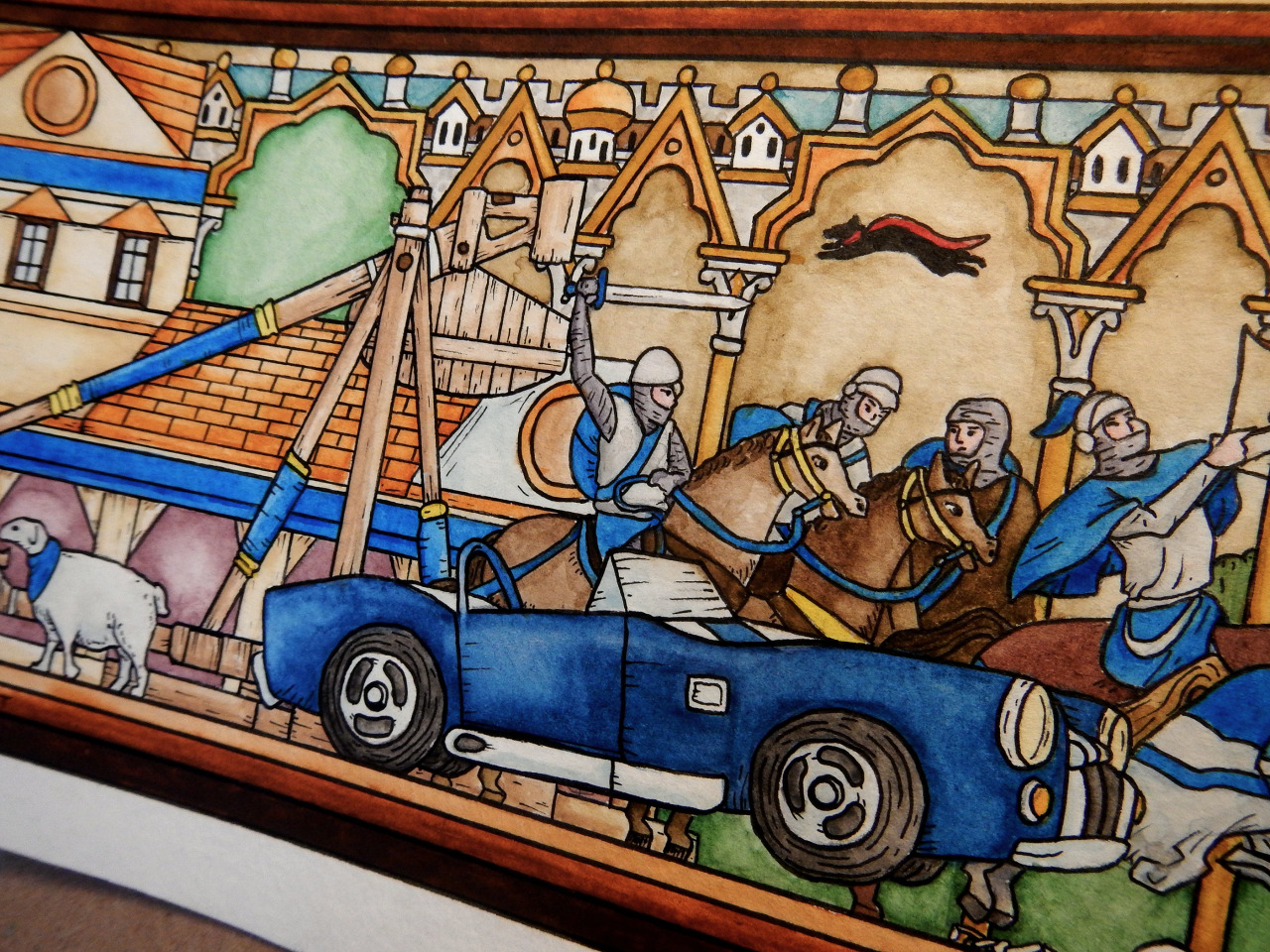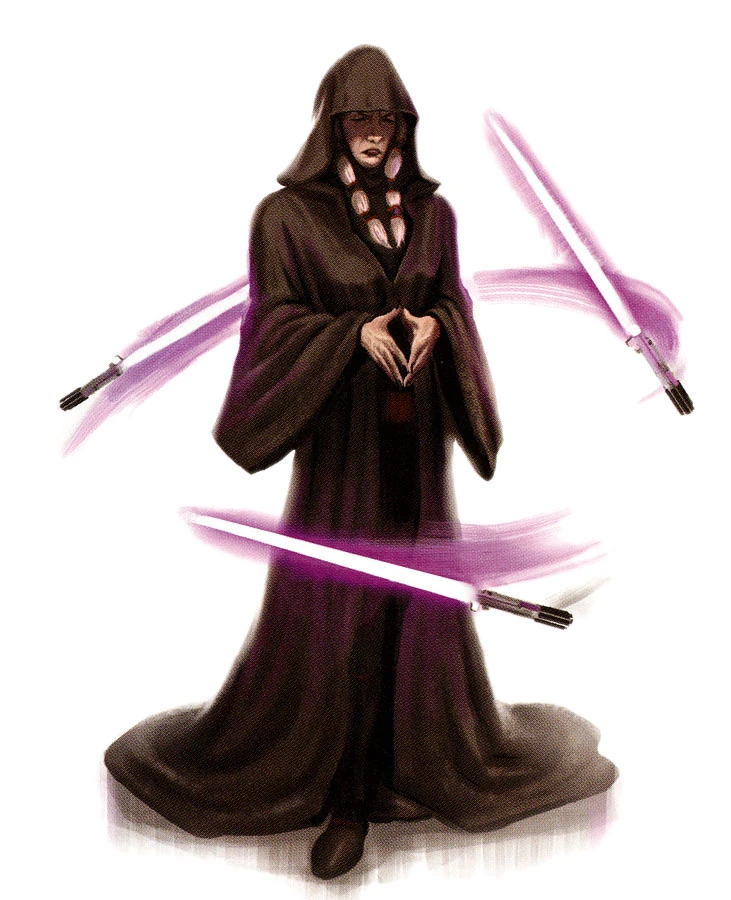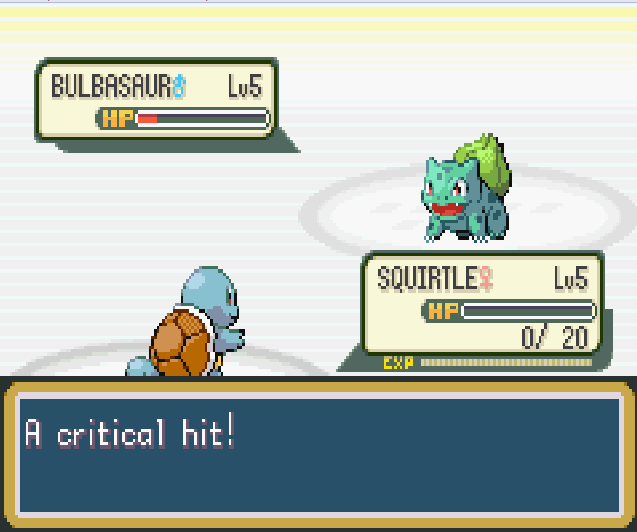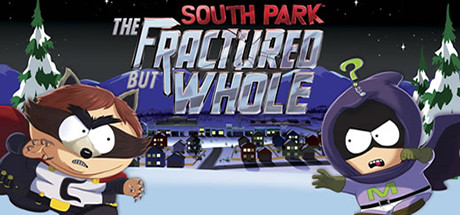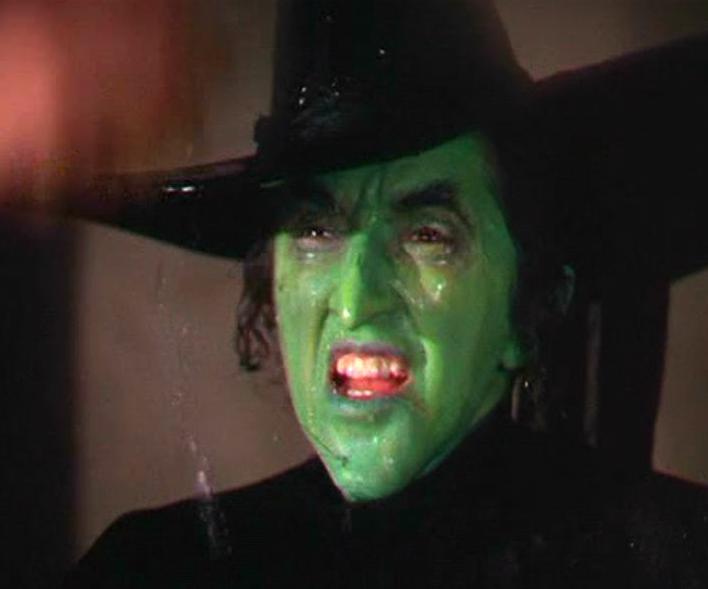Even if you are not a gamer you most likely know about Nintendo’s existence and position on the gaming industry, but the restrictive policies they are very fond of enacting are something of a less known fact outside the community, so lets have a small recap for the casuals out there.
As with
every company Nintendo likes to protect their properties, but the gaming
industry is one that heavily relies on the sense of community built by the
players.
This goes
back to the very fact that gaming consoles have always been relatively
expensive, making people choose one and stick with it and whatever games and
policies they come with. If not due to loyalty at the very least to validate
their own choices.
Gaming
companies have caught onto this and throw jabs at each other while making a
statement of their own strong points, all in the name of building themselves as
the best company.
If a
console is too expensive the other companies will make a point of being
cheaper, if one lacks processing power the others wil make a point of their own
hardware.
If one its
too family oriented the others are “hardcore and extreme,” if one is stagnating
the others are innovative, and so on and on.
Then, why is Nintendo so focused on restricting their intellectual property?
Around the
net there are plenty of fan games that are consistently targeted with Cease &
Desist notices from the “Nintendo Ninjas,” the community name for Nintendo’s
legal team.
The moment
a company’s legal team has a slang name we know they are much more active than
one would expect from regular companies, the Nintendo Ninjas not only target
fan games but also personalized products sold on the net, and tournaments that
use emulators.
For the
non-gamer it looks very reasonable that companies use legal action to enforce
their control over their intellectual property, but the gaming community is very
handsy with the code of videogames. There is a whole section of fans dedicated
to modify games to create extra content for free, all for the love of the art.
This creates
a positive loop where the community gets interested in a game, and the modifications
(Mods) keep the interest going on for months and years to come while generating
tons of advertising via mouth-to-mouth, which is a particularly powerful way of
advertisement becausee the players themselves have nothing to gain from the advertising,
and are doing it solely for the joy of sharing something they like.
Just as
movie studios have been trying to make every movie into a shared universe, so
the gaming companies aim to create communities based around their products. Nintendo
is no exception as this creates an ecosystem where their own products work as
advertisement for the others, and the community encourages new players to give
a try to other games from the same company
Then why?
What does
Nintendo has to gain from threatening legal action against fans who create
their own content and distribute it for free?
NOTHING.
Nothing
really, that is mostly a misconception
For you
see, while a community can create a positive feedback on a product it can also
create a negative one. Plenty of gaming communities have become so toxic that
new players are taken aback by displays of elitism and general assholery and
simply abandon some games to avoid themselves the drama.
Nintendo is
particularly mindful of that, to the point they limit the means of online
communication during games.
While most
online multiplayers games have live voice chat, Nintendo games use a roundabout
way that requires a smartphone and an app. This seems overly convoluted and it
is, precisely because the point is to discourage people from talking during
their games.
This
creates a sense of disconnection and the chat becomes an extra that people must
go out of their way to obtain, and not a key feature of the game. Sure, some
investment will be lost this way, but the upside is that it discourages people
from being assholes online.
I mean, its
one thing to connect to a videogame, get annoyed by other players and throw and
receive some insults, but setting up a smartphone and an app to do the same
feels like a waste of time. It feels like the player is going out of their way
to get into the toxicity.
This is
Nintendo’s goal, they are perfectly ok with losing some engagement from the
community as long as they can keep it family friendly. Considering this is their
end goal market it makes perfect sense, its like refusing to add a bar to your
restaurant in order to keep the family restaurant license.
The same
happens with fan content, Nintendo does not really care if they take down some
projects made from fans out of love for their games, but not doing so leaves
open the risk of people creating content that can muddy the image Nintendo
cultivates.
Sure, some
streamers playing Nintendo games would make for good advertisement, but some
streamers being assholes while playing Nintendo games will make the company
look bad.
Same with
the fan games, same with the personalized products, the benefits gained from
some extra advertising doesn't come close to the damage a brand can get if
people are assholes while advertising them.
The open
use of the brand seems to be the most important part, as the company usually
doesn't care if someone is making clear knock-off products as long as they take
the effort to make them non-official.
Take the
joycons for example, this mini controllers have spawned tons of customizable
carcasses and Nintendo rarely cares as long as they are not advertised as “Joycons,”
which is their trademarked name.
The thing Nintendo
really wants is plausible deniability, the ability to say “we have nothing to
do with that weird thing you saw online,” and that's where many fans get it
wrong.
Sure,
modding, fangames, personalized accessories and emulators are a very common
thing on the videogame community, but they are still illegal.
And, well.
WHEN DOING SOMETHING
ILLEGAL THE OBVIOUS COURSE OF ACTION IS TO BE DISCREET ABOUT IT.
If you want
to make a pokemon fangame don’t advertise it until its complete, then you can
let people download it and claim you had nothing to do with it. And please don’t
make a crowdfunding campaing.
If you want
to use emulators for your tournament dont post it on the net, just e-mail
people and tell them it will happen at a time and hour.
If you want
to sell official-looking merchandise without a franchise contract just do it
via personal request, don’t advertise in on the front page of your site.
The thing
is, Nintendo relies mostly on traditional advertising, the commercials they can
control and run as much as they want, so there is no real reason for them to
risk their image just to get the backing of a few influencers.
Nintendo plays the long game, and there is no point on getting a small bump on advertising from fans if that risks getting a bad image on the long run. And they simply don't care enough to make a case-by-case review of all the stuff out there, be it by lack of staff or lack on interest, so its easier to send a Cease & Desist every time they come across anything weird instead of spending hours or days checking if its PG-13.
This is a
case where the fans overestimated how much weight they have on the great scheme
of things, or more precisely, they failed to see that they also can have a
negative impact, not only a positive one.
Nintendo can
be assholes about it, but so can the fans. Better not take any risks.
So, that’s
it, if you want to make a Nintendo fan product just make sure you have
plausible deniability. They don’t really care about you, they care about
themselves, so don’t give them a reason to care.
